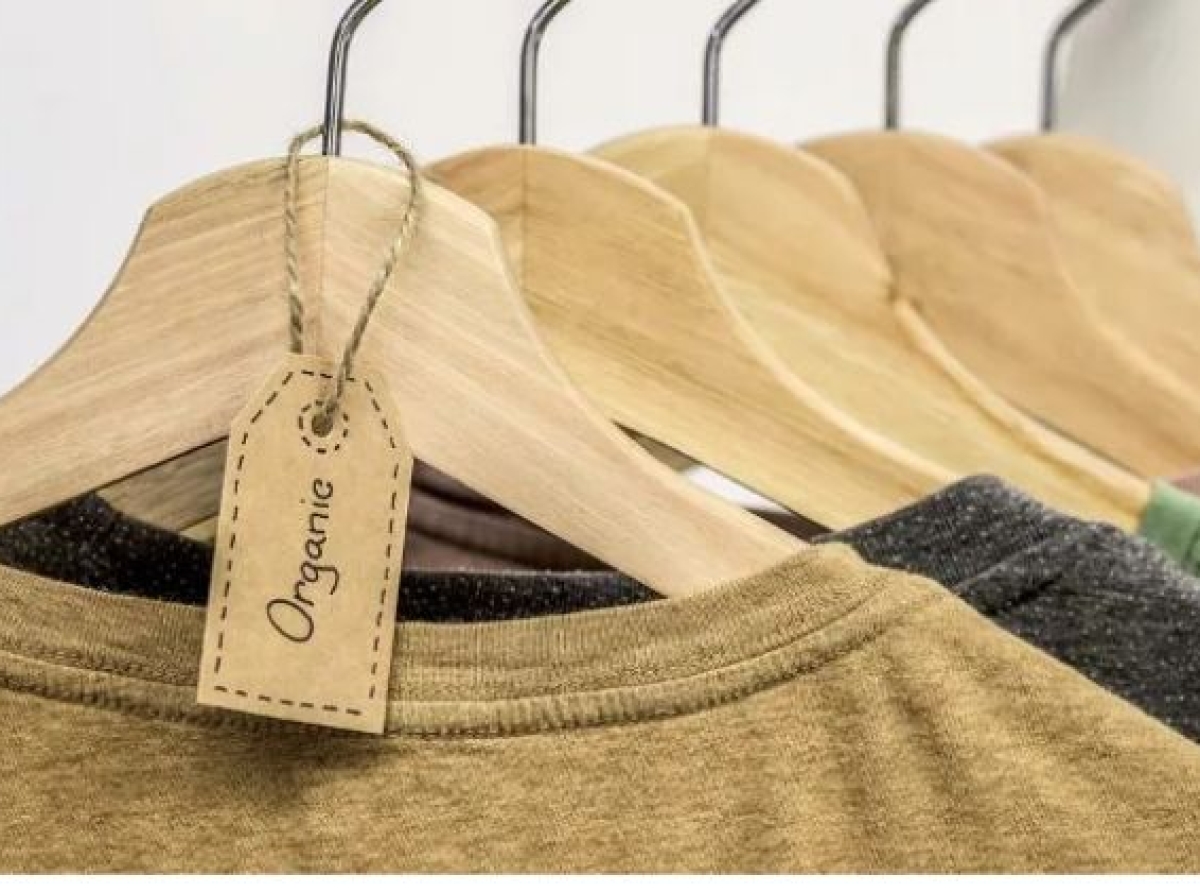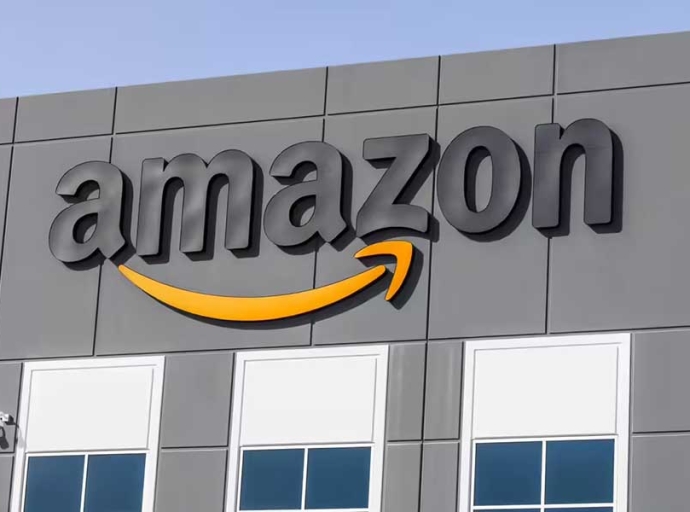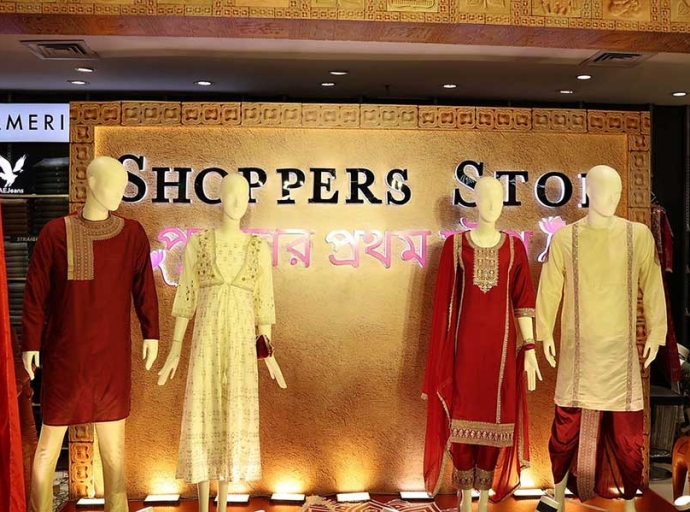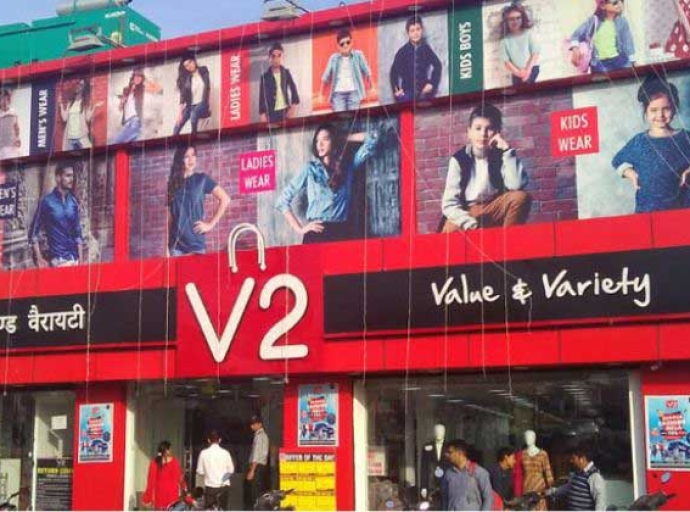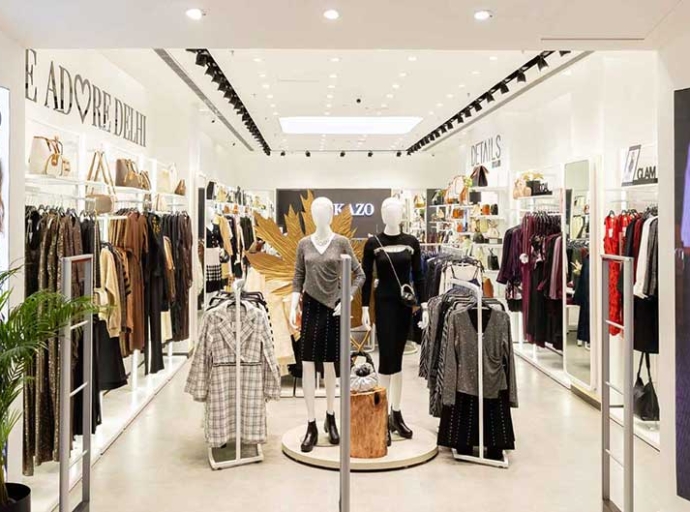22 September 2022, Mumbai:
Despite the industry's infancy, the eco-friendly apparel/clothing sector in India is expanding steadily. Manufacturers are using better methods to create less harmful environmental impact clothing. A McKinsey poll found that two-thirds of consumers worldwide are prepared to pay more for environmentally friendly apparel/clothing, which is positive. The Indian textile sector (T&C) is following suit and moving toward eco-friendly apparel as a result of the government of India outlawing the use of plastic bags in several areas, the growing concern over global warming, and campaigns against throwing trash into the seas. Major brands, including TCNS Clothing owing brand 'W', Zara, Levi's, and H&M, declared their steady transition to ethical design trends earlier this year.
Fashion industry pledge
The initiative was started in collaboration with the United Nations in India, IMG Reliance, and the Clothing Manufacturers Association of India (CMAI). According to a press release from IMG Reliance, the Indian apparel/clothing sector has pledged to provide a sustainable route for the country's fashion industry through SU.RE initiative (Given its preamble, 'It is a commitment by India's apparel industry to set a sustainable pathway for the Indian fashion industry).
"We commemorate Mahatma Gandhi's 150th birthday and his request that we become the change we want to see in the world. The Former, Union Minister for Textiles, Smriti Zubin Irani way back in Aug 2019 added that the Mahatma's ideas are reflected in the sustainability resolution that is being accepted today. According to the statement, which quoted the minister, the project SU.RE's signatories include the top 16 garment companies, whose combined market worth is Rs 30,000 crore. She said that the action taken today promotes both ethical and wise business.
The commitment by the Indian apparel/garment sector, particularly the signatories, to transition to sustainable fashion is a very responsible and timely action, according to Rahul Mehta, president of CMAI. Future Group, Shopper's Stop, Aditya Birla Retail, Arvind Brands, Lifestyle, Max, Raymond, House of Anita Dongre, W, Biba, Westside, 109F, Spykar, Levi's, Bestsellers, and Trends are the signatories for project SU.RE, according to the press release. By 2025, the signatories promise to source/use a substantial share of their total consumption from sustainable raw materials and production methods.
According to Jaspreet Chandok, vice president and head of fashion at IMG Reliance, "This initiative will be the start of a movement that can have a massive impact.
We hope to see significant change come through over the next five years as major retailers move towards embracing sustainability at their core." One of the areas of our economy with the most significant growth is the e-commerce apparel market, but this continuous rise is not without cost.
Customer facing industry
Along with this enormous increase in online fashion sales, customer needs and expectations are also growing, particularly regarding the delivery experience. Shopping at malls or neighborhood businesses from the comfort of each client's home has helped the apparel/garment sector amass a sizable consumer base. It has, however, necessitated more work to develop a user-friendly shop, adjustable choices for purchase and delivery, and facilities for more efficient delivery.
"Vocal for Local"
Clarion's call is," Choose to buy apparel/clothes whose materials are locally sourced and which are sustainably fashionable. The manufacturing industry in India has been a significant contributor to the GDP of the nation and a significant employer. Manufacturing businesses of all sizes, including MNCs, giant corporations, and even MSMEs, have significantly contributed to the sector's growth. In addition, the government wants to make India a global manufacturing powerhouse in the post-COVID age by focusing on the "Vocal for Local" and the "Made in India" project and raising manufacturing's current GDP contribution from 17% to 25% by 2022.
Environmental impact assessment
While checking that box is encouraging, with the sector's expansion, worries about environmental risks and the contribution of businesses to air, water, soil, and noise pollution are growing daily—the ongoing increase in pollution concerns despite the government's strong pollution control guidelines and procedures.
According to a 2019 study by The State of India's Environment (SoE), the number of grossly polluting industries (GPI) increased nationwide from 2011 to 2018 by 136%, a severe cause for worry.
Light in the tunnel
Ground-breaking efforts in the fashion sector that corporates, frontrunners in normal routine have started outlining the pledge around sustainability. reflecting initiatives underway in their detailed sustainability report document entailing the retail & sourcing side of the business, and it is where the leadership will come from. What gives the above credence is Arvind Ltd., Bangalore, Pratibha Syntex, Indore, a textile group also having an interest in apparel export, Madura Fashion & Lifestyle, Bangalore, a division of Aditya Birla Nuvo Ltd., under its parent company Aditya Birla Fashion and Retail Ltd. (ABFRL) are some of the case studies. These are torchbearers beginning to generate their sustainability report reflecting initiatives underway entailing the retail & sourcing side of the business targeting in their formal communiqué transparency in their supply chains & its present sustainability measures.
Road ahead
There is a general push toward a green economy, which encourages businesses to embrace sustainable business methods as worldwide best practices. The government focuses on adopting greener and more sustainable practices. Manufacturing and other companies are working hard to adopt greener solutions while preserving production and profitability, including digital/paperless documentation, cloud computing, automation, and the usage of new technology like AI, ML, and AR.
In the larger scheme of things the seminal move is that managements have begun to engage with a larger set of stakeholders including brands and employees.
Latest Publications


